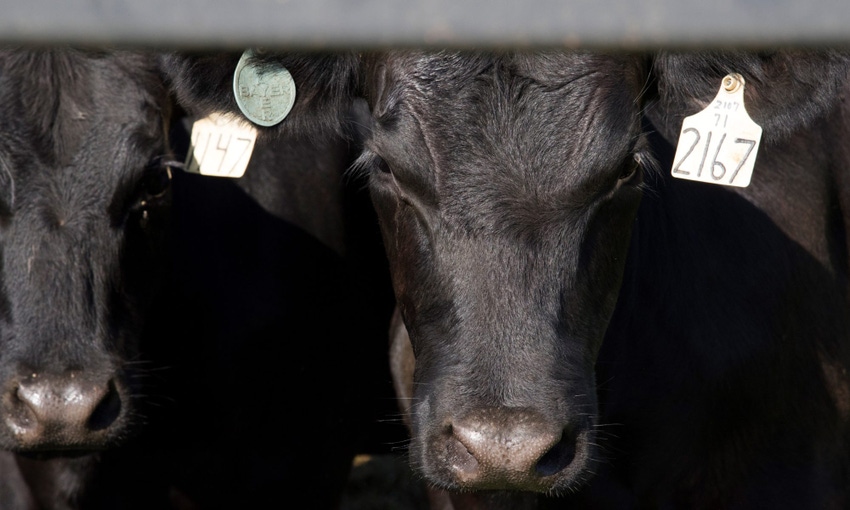Findings could help inform proposed policies in wake of unprecedented market shocks.
September 7, 2022

In the wake of unprecedented market shocks in the fed cattle industry, researchers at the University of Tennessee Institute of Agriculture teamed up with Mississippi State University and Texas A&M University to analyze the factors affecting price ranges in negotiated cash sales. The study indicates that additional information from the reported data is needed to better understand the outcomes of increased cash sales. Filling these data gaps could help inform proposed legislation and voluntary industry plans in their efforts to uncover drivers of price variability and ultimately price discovery, which is the process of revealing prices from market transactions.
Market shocks in recent years have increased concerns regarding fed cattle prices. The COVID-19 pandemic exacerbated these concerns when fed cattle prices declined, despite wholesale and retail beef prices reaching new highs. The heightened concerns led to policy proposals meant to increase the volume of negotiated cash sales. Proponents believe that increasing negotiated cash sales would improve price discovery by reversing a thinning market.
In response to reenergized concerns about price discovery, researchers launched this latest study to analyze how volume of head sold, day of the week, sex, grade, weight range and other factors impact price ranges in the negotiated cash market. Study results indicate that negotiated cash price ranges peak on Monday and are lowest on Tuesday, but increase from Wednesday to Friday. Price ranges were also found to increase with an increased volume of trade, until reaching approximately 8,800 head per sale per day, then it starts to slowly decline. Further, the study shows that negotiated cash price ranges were highest in the Iowa/Minnesota market relative to all other areas in the study.
"While the motivation of many proposed policies is that increased negotiated purchase volumes will yield improved price discovery, results from this study suggest that daily higher negotiated cash trade volume is not necessarily associated with reduced volatility or improved price discovery," says lead researcher Chris Boyer. "However, reported price ranges lack important information needed to fully understand how market information impacts price discovery."
The study indicates that increased information about how many and what quality of cattle were traded near the high and low prices reported would allow for more precise analyses. Also, more detailed data on the distribution of prices such as the 15th and 85th percentile of daily prices and median price would greatly enhance price discovery.
Project team members include Chris Boyer and Charley Martinez from the Department of Agricultural and Resource Economics, along with Joshua Maples from Mississippi State University and Justin Benavidez from Texas A&M University. Martinez and Boyer provide leadership in the newly launched UT Center of Farm Management, which focuses on farm financial management in Tennessee and the Southeast.
Source: University of Tennessee Institute of Agriculture, which is solely responsible for the information provided, and wholly owns the information. Informa Business Media and all its subsidiaries are not responsible for any of the content contained in this information asset.
You May Also Like


.png?width=300&auto=webp&quality=80&disable=upscale)
